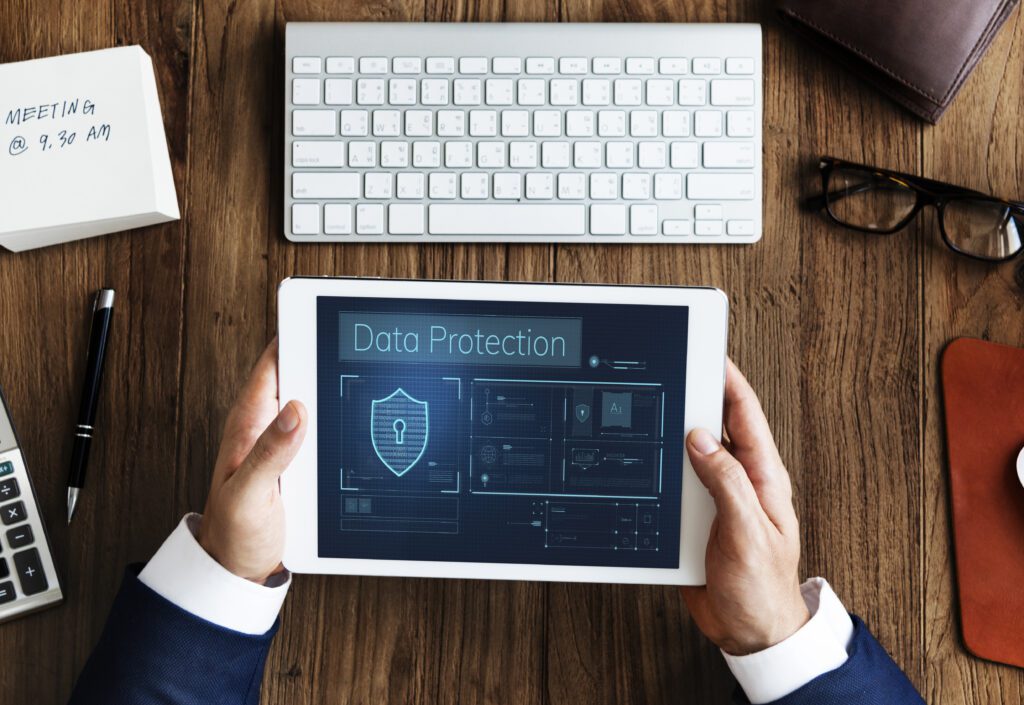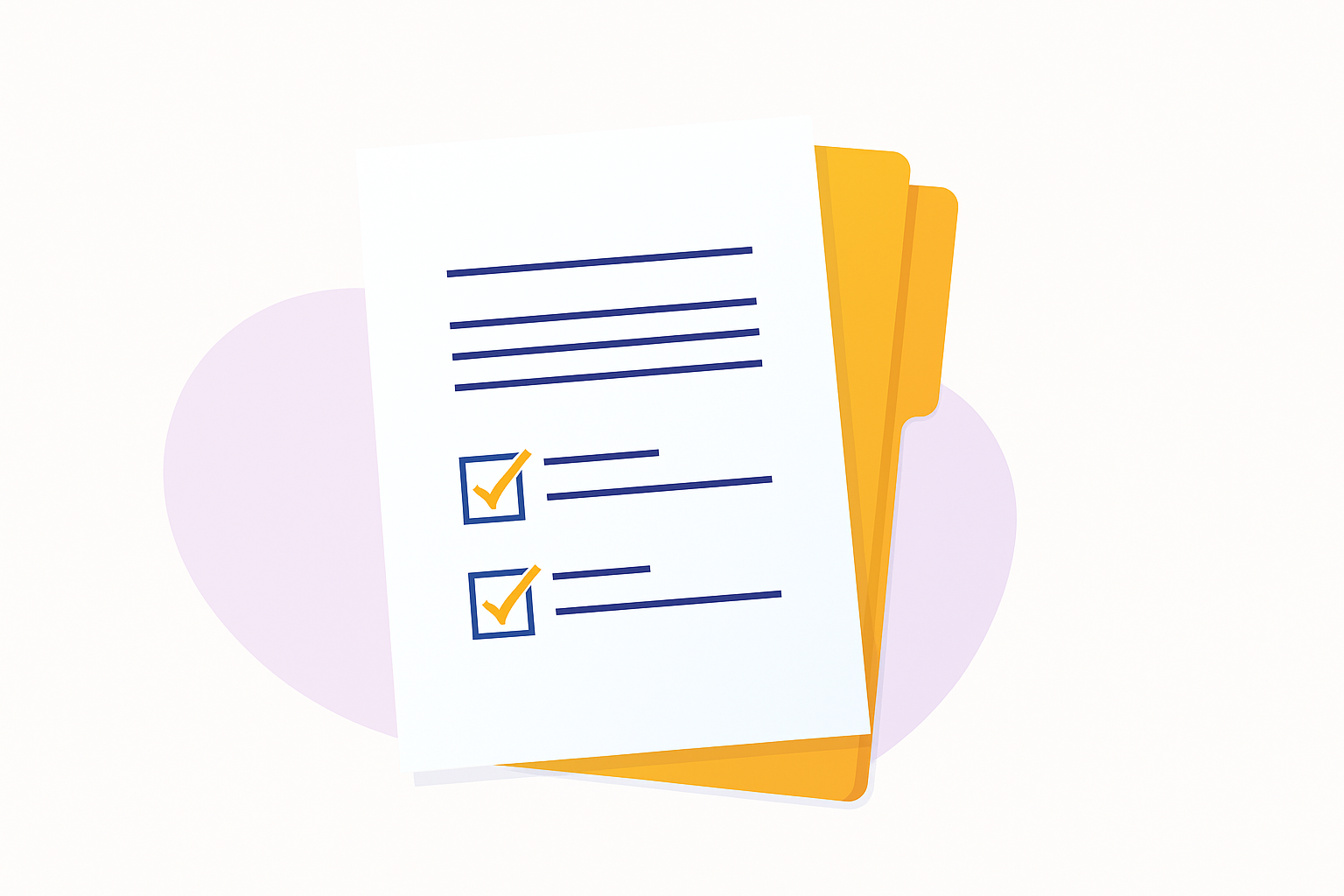
Have you noticed how quickly conversations about data security have shifted from “why it matters” to “what rules are shaping it”? In 2025, organisations are no longer just worried about cyberattacks. They are navigating a growing web of privacy regulations that dictate how information should be collected and shared. This is why GDPR Training has become more important than ever, helping teams understand the foundations of compliance. By exploring the latest updates and GDPR Principles, we can see how these rules are redefining business operations.
In this blog, we will look at the key data security regulations shaping organisations in 2025 and why they matter.
Table of Contents
- Regulations Defining the Future of Data Security in 2025
- The Future of Data Security Compliance
- Conclusion
Regulations Defining the Future of Data Security in 2025
In a world that is becoming more and more digital, data security rules are changing how businesses build trust and keep private data safe. Here are the main regulations that businesses have to follow in 2025 and how they are changing the way they do things:
GDPR Continues to Evolve
Privacy rules are still set by the General Data Protection Regulation in 2025. It still tells businesses how to handle personal data while also adapting to new problems like AI-powered processing and cloud storage. The government now wants companies to clearly explain how their algorithms use data and how choices are made.
Core standards like consent and transparency are still very important, but they are being applied in a stricter way. Companies need to get permission in clear ways that make it easy for people to share their info. Teams can stay up to date on the new rules and protect customer trust by getting regular GDPR training.
CCPA and Expanding US Privacy Laws
The California Consumer Privacy Act has changed the way people in the US think about privacy. It gives people more control over their personal information by letting them see what information is being collected and delete it if they want to. Other states have passed similar laws because of this, making a growing network of data laws.
Businesses will have to follow new rules even when they’re not in the US. Companies that deal with American data must now make clear disclosures and keep private data safe. Companies can avoid fines and build stronger relationships with customers if they treat compliance as a regular job instead of a one-time thing.
AI Regulations and Data Ethics
The way data is used is changing because of AI, which makes people wonder about fairness and responsibility. The AI Act of the European Union is one of the first laws that focuses on making AI more humane. It sorts systems into groups based on how dangerous they are and puts strict rules on uses that are high risk, like jobs or law enforcement.
Now, companies have to show how they train and check their algorithms to make sure they stay safe and fair. This makes obedience moral as well as technical. Businesses need to find a mix between new ideas and being responsible. They need to show that their AI systems are open and reliable while still providing value.
ISO Standards for Data Security
International standards help organisations handle data safely in addition to laws. ISO 27001 is the most well-known framework. It provides a structured way to evaluate risks, set up protections, and track success over time. Companies that follow ISO standards show that they care a lot about keeping information safe.
This method does more than just lower risks. Clients and business partners who want to know that their info is safe will trust you more. In competitive fields, being able to show that you follow ISO standards is often what makes the difference. When organisations combine ISO with legal requirements, they have a better base for managing security.
Sector-Specific Rules
Because they pose more risk, some businesses have their own rules. In health care, HIPAA protects patient information by limiting how records can be shared and kept. Updates to PCI DSS continue to keep payment information safe and cut down on fraud in the financial industry. Each set of rules is made to deal with the problems that come up in its own field.
For businesses, meeting these specific responsibilities is more than just staying out of trouble. It makes people safer and builds trust. Compliance makes sure that data is handled properly, which protects both image and long-term success, whether it is in healthcare or another sensitive field.
The Future of Data Security Compliance
In the future, rules are likely to keep getting tighter. Governments are passing new rules to deal with biometric data, cloud computing, and transfers across borders. Companies that view compliance as a one-time task will struggle. If you view it as a regular part of your work, it will be easier to change and maintain customer trust.
Conclusion
Data security regulations in 2025 are not just checkboxes to tick. They shape how organisations earn trust and safeguard information. From GDPR Training to AI-focused laws, the landscape is becoming broader and more demanding. To keep pace, organisations must embrace continuous learning and compliance. A certification through The Knowledge Academy can support professionals in mastering these regulations and ensuring their organisation is always ready for the future.



